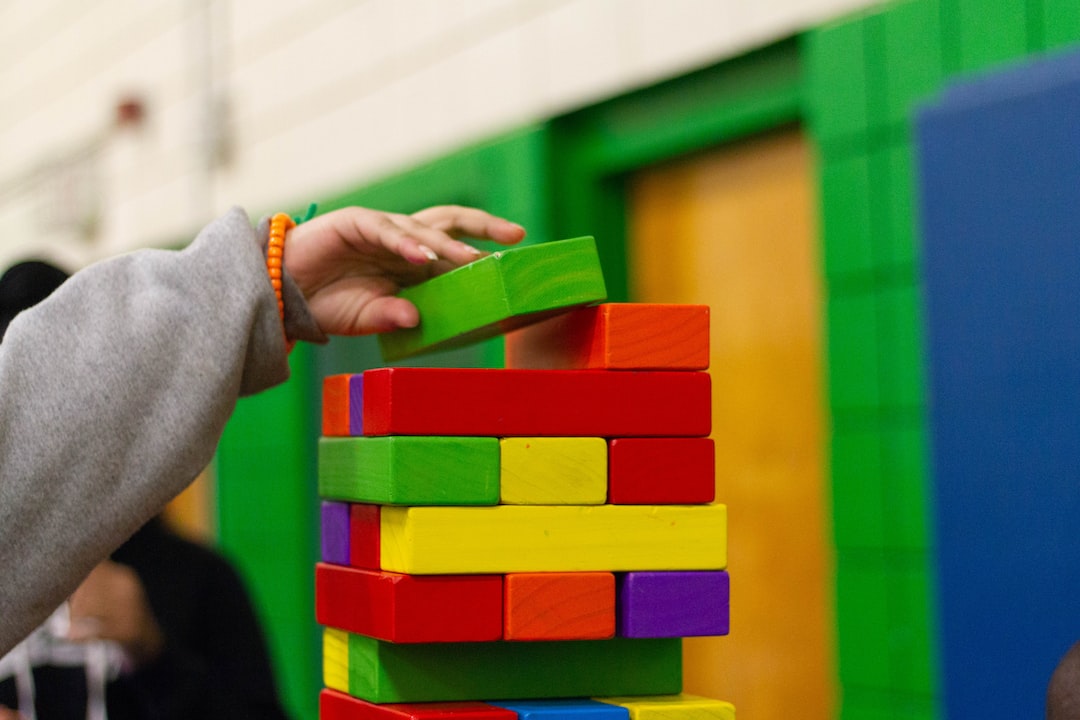The Importance of Early Literacy Development
Literacy is a fundamental skill that serves as a foundation for lifelong learning and success. It encompasses the ability to read, write, and understand information. Early literacy development, focusing on children from birth to age five, plays a crucial role in shaping future academic achievements and cognitive abilities. It lays the groundwork for language acquisition, communication skills, and critical thinking. In this blog post, we will explore the significance of early literacy development and how it shapes a child’s future.
1. Language acquisition and communication skills:
During the early years of a child’s life, their brain is like a sponge, absorbing information from the environment. It is a critical period for language acquisition, where children develop vocabulary, comprehension, and communication skills. Exposure to books, storytelling, and interactive conversations with caregivers provide opportunities for language development. Early literacy activities stimulate brain development, improve listening and speaking skills, and enhance vocabulary, setting the stage for effective communication throughout their lives.
2. Cognitive development:
Reading, writing, and engaging with literacy materials foster cognitive development in young children. Early literacy activities encourage analytical and critical thinking skills, as children learn to make connections between words and concepts, predict outcomes, and solve problems. Through reading and storytelling, children explore different scenarios, broaden their perspectives, and expand their knowledge base. These experiences contribute to their overall cognitive growth, helping them become effective learners and thinkers in the future.
3. School readiness:
Early literacy development significantly influences a child’s readiness for formal education. A child who has been exposed to literacy activities before starting school is more likely to succeed academically. They already have a foundation in basic reading and writing skills, making it easier for them to grasp new concepts presented in the classroom. This readiness allows them to transition smoothly into formal education, reducing any initial challenges that may arise. Furthermore, early literacy development fosters a love for learning and curiosity, enabling children to approach academic tasks with enthusiasm and motivation.
4. Socio-emotional development:
Early literacy experiences contribute to a child’s emotional and social well-being. Reading books together, engaging in storytelling, and discussing characters’ emotions aid children in understanding and expressing their feelings. Literacy materials facilitate conversations about empathy, kindness, and problem-solving, helping children develop social skills and emotional intelligence. Such interactions promote healthy relationships, as children learn to listen, respect others, and communicate effectively. Early literacy development provides a platform for building strong socio-emotional foundations to navigate the complexities of human interactions.
5. Parent-child bonding:
Engaging in early literacy activities promotes a strong bond between parents and their children. Shared reading time creates a positive and nurturing environment, fostering a sense of security and trust. It allows for quality interactions, where parents can give undivided attention, elicit their child’s thoughts, and encourage creativity. These moments of connection and shared exploration contribute to the overall well-being of both child and parent, strengthening their relationship even beyond the realm of literacy development.
In conclusion, early literacy development is vital for a child’s holistic growth and future success. It sets the stage for language acquisition, cognitive development, school readiness, socio-emotional well-being, and parent-child bonding. It provides a solid foundation for lifelong learning, enabling children to become confident and engaged learners. Thus, it is crucial for parents, caregivers, and educators to prioritize early literacy development and provide enriching experiences that foster a love for reading and learning from an early age.

